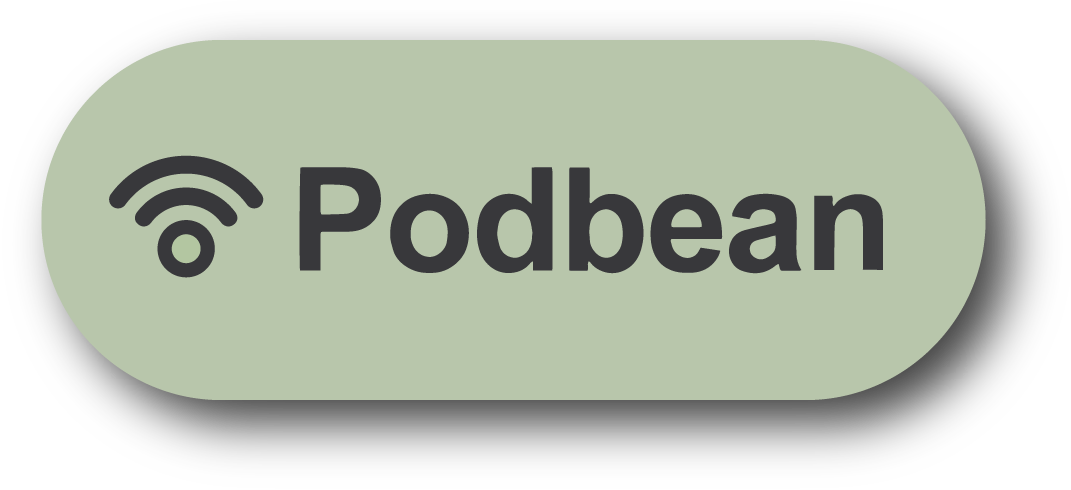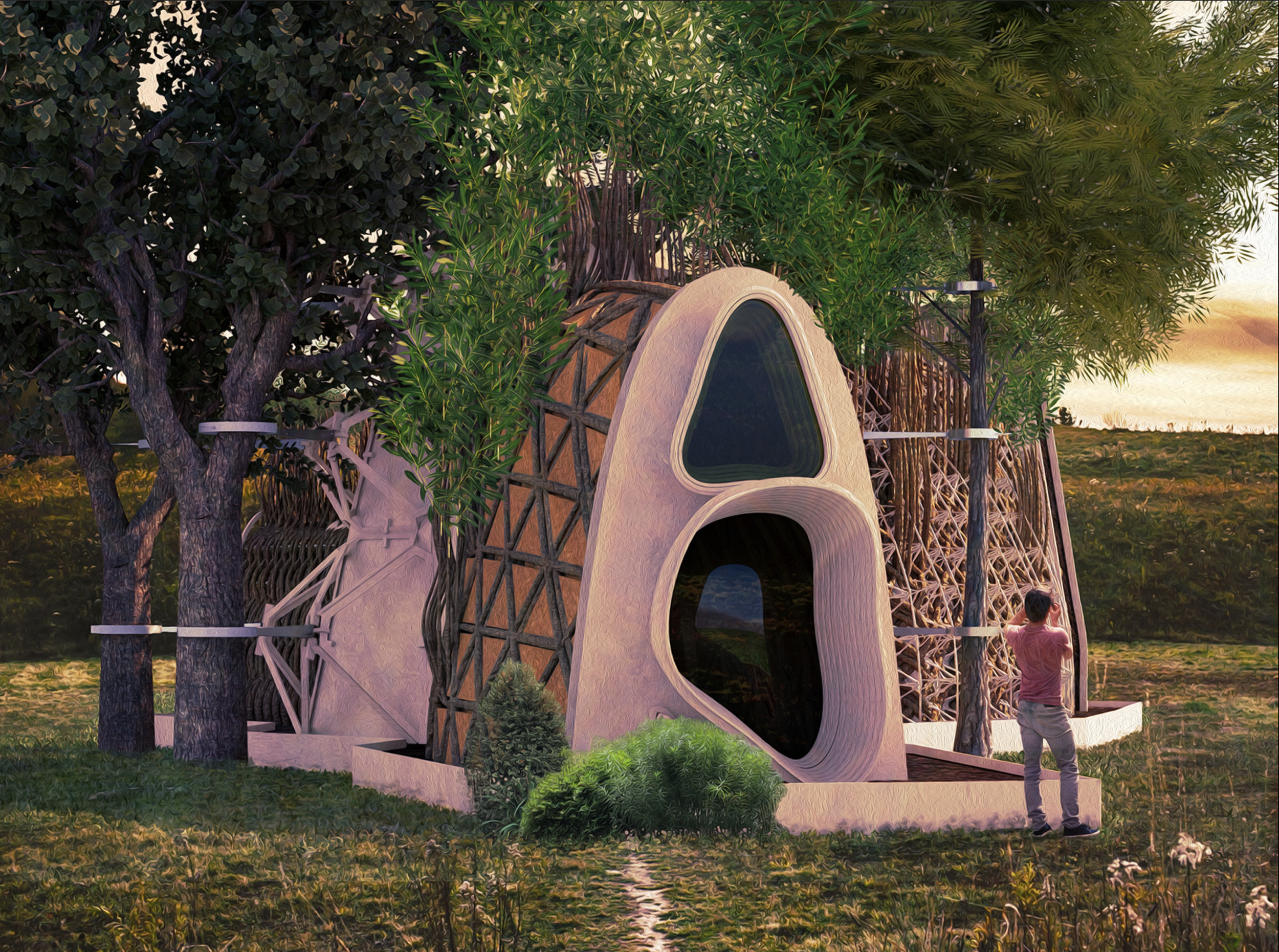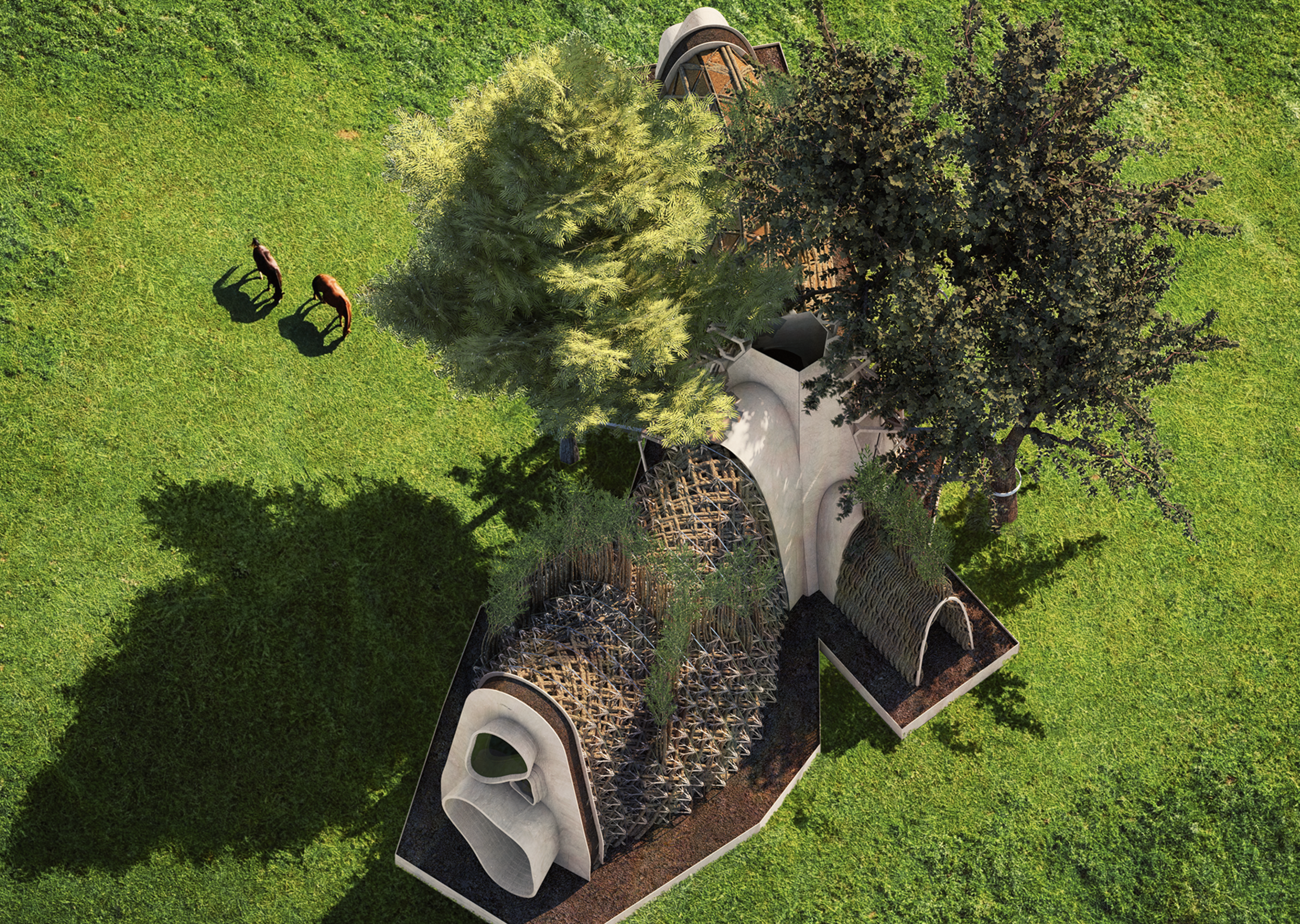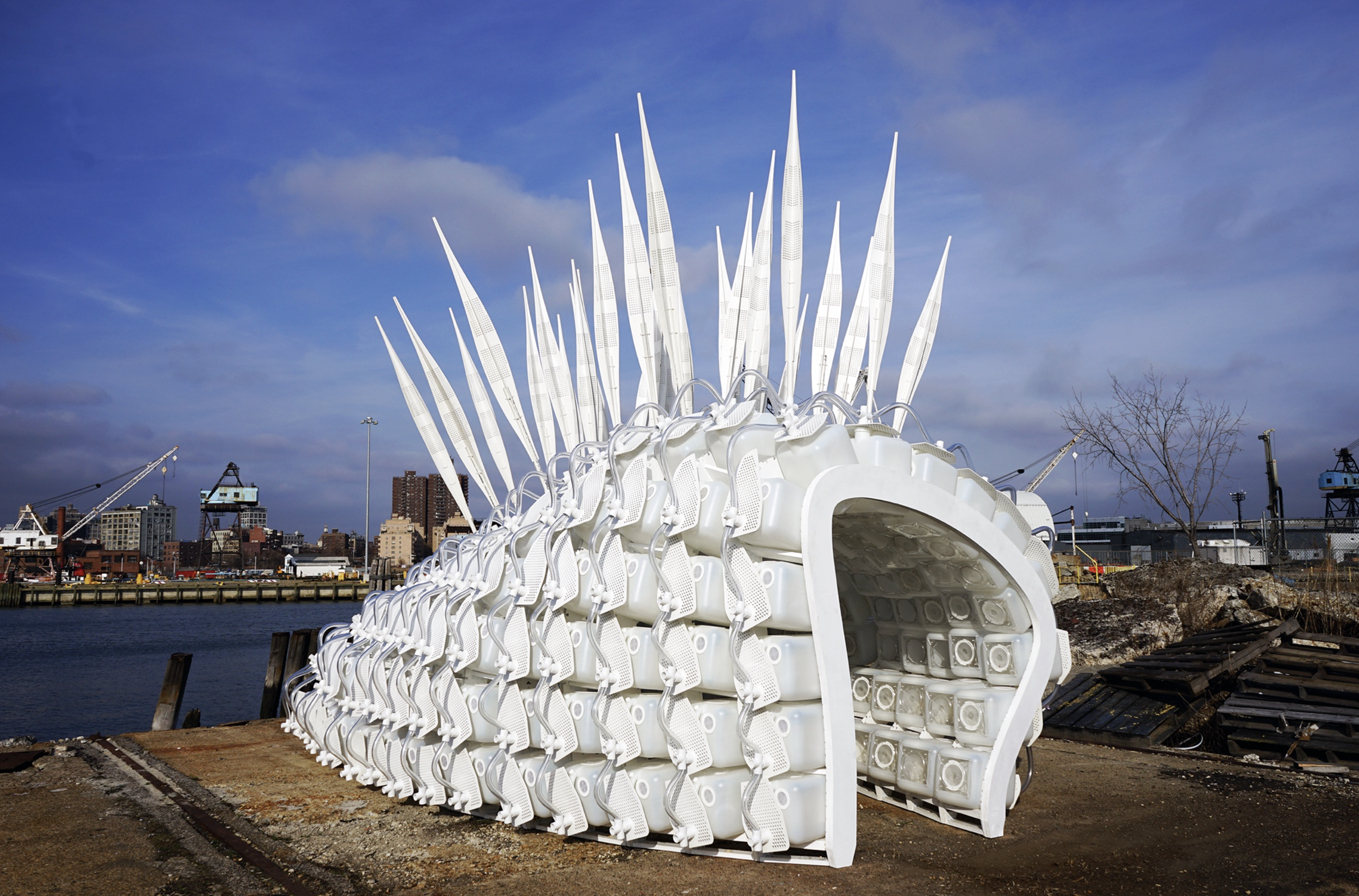#288 - MITCHELL JOACHIM, Co-Founder, Terreform ONE
SUMMARY
This week Mitchell Joachim, PhD, Associate Professor, NYU and Co-Founder, Terreform ONE joins David and Marina of FAME Architecture & Design to discuss the complexities of urban design; the role of the urban designer; the real-life applications of his research; financing projects; cricket farms; and more. Enjoy!
ABOUT MITCHELL
Co-Founder of Terreform ONE and an Associate Professor of Practice at NYU. Formerly, he was an architect at the offices of Frank Gehry and I.M. Pei. He has been awarded a Fulbright Scholarship and fellowships with TED, Moshe Safdie, and Martin Society for Sustainability, MIT. He was chosen by Wired magazine for "The Smart List” and selected by Rolling Stone for “The 100 People Who Are Changing America”. Mitchell won many honors including; Lafarge Holcim Acknowledgement Award, Ove Arup Foundation Grant, ARCHITECT R+D Award, AIA New York Urban Design Merit Award, 1st Place International Architecture Award, Victor Papanek Social Design Award, Zumtobel Group Award for Sustainability, Architizer A+ Award, History Channel Infiniti Award for City of the Future, and Time magazine’s Best Invention with MIT Smart Cities. He's featured as “The NOW 99” in Dwell magazine and “50 Under 50 Innovators of the 21st Century” by Images Publishers. He co-authored four books, “Design with Life: Biotech Architecture and Resilient Cities,” “XXL-XS: New Directions in Ecological Design,” “Super Cells: Building with Biology,” and “Global Design: Elsewhere Envisioned”. His design work has been exhibited at MoMA and the Venice Biennale. He earned: PhD at Massachusetts Institute of Technology, MAUD Harvard University, M.Arch Columbia University.
HIGHLIGHTS
TIMESTAMPS
(03:00) Growing up in New York City
(10:49) Gentrification in cities
(14:55) The complexities of urban design
“You're moving so many different actors and agents to think about how these relationships occur, where they occur, and what scope or time frame they're happening in and who it affects and why, and then speculate through visions or images, projects that extend far beyond just a single boundary… so it's an all-encompassing field. It's pretty fantastic! Alex Krieger, who is head of the department at the GSD and was my thesis advisor, often would say you that can't really define urban design… in part because the design aspect is something we know, but urbanity seems to be boundless and our control over it is minimal. ” (15:44)
(29:36) Why Mitchell went into architecture
(39:07) Urban design and its relationship with the general public
“The language isn't there and the public understanding and awareness aren’t there to describe what it is that we do. There was another professor who said that urban design is like painting a watercolor in a stream. I love that as a definition because you are making marks and then the flow sort of takes it away. But you have to get just enough of a mark, like maybe a rock to place it in that stream, colored blue, so that you can sort of tease or adjust or nudge the flow around that rock.” (40:56)
(52:08) Terreform ONE and their projects
“If we think like Homer (Simpson) every so often in a project and wonder if this would penetrate his mind and his stubbornness or affect his idiosyncratic behavior to get into his general lifestyle, then we've nailed it. That is a massive goal to get to the foreground of someone like that and to reach them to where not only is it something that's of interest, but they can go a step further and adopt it.” (01:05:48)
(01:28:59) Financing and funding projects
(01:40:01) How cities can transform and evolve for a better future
“One version is we actually need a real crisis because there are libraries… enormous amounts of information and engineering projects and designs of possible futures that that fill up all kinds of books… So it's not even new. It's just a matter of what is the incentive, what's the catalyst to actually get those things to happen. The crisis is the one theory which is something so big and horrific that people just have no choice but to stop doing the bad and go to the good.” (01:41:36)



















